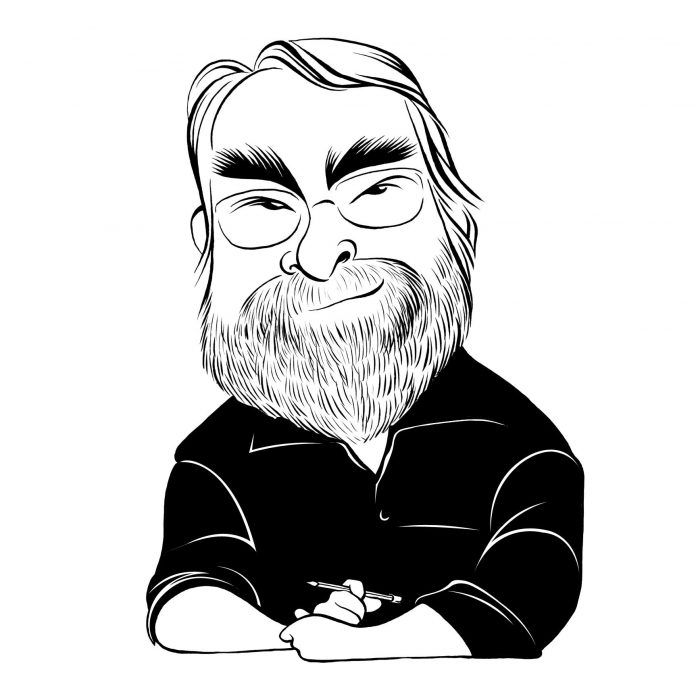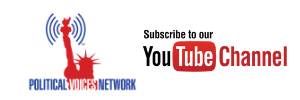
For example, during his entire time in office (but especially after the Bay of Pigs debacle in 1961), Kennedy and the CIA were at sword’s point. Kennedy didn’t trust the CIA as far as he could throw Allen Dulles—and, in the aftermath of the Cuban fiasco, JFK threw him pretty far—and the spooks out at Langley thought the president was callow and not up to the job of being butch with the Soviet Union and Fidel Castro. (So many of the ‘Who Shot John?’ theories surrounding Kennedy’s murder have their roots in this undeniable conflict.) Anyway, on March 16, 1963, looking to manufacture a casus belli with which to justify another Cuban invasion, the Joint Chiefs of Staff came up with a plan called Operation Northwoods, a blatantly illegal and utterly batshit plan to create false-flag domestic terrorist attacks that could be blamed on Castro’s regime. One of these proposed actions involved blowing up John Glenn on the launch pad at Cape Canaveral.






